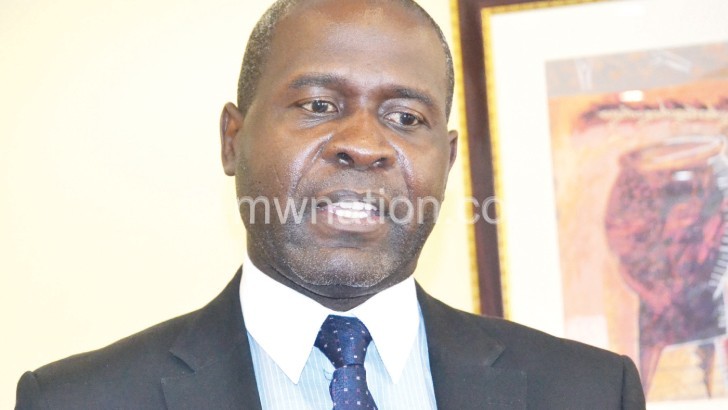Fuel queues hit Malawi
Snaky queues. Exasperated motorists. Erratic fuel availability.
Then questions: Is there fuel shortage in Malawi?
Or it is just panic buying in anticipation of a possible scarcity? Why are there long queues at pump stations then?
The Malawi Energy Regulatory Authority (Mera), where any information on fuel stocks has now been centralised, is not giving straight answers.
Terse press statements are doing the talking.
After confidently telling the public through a press statement on January 4 this year that “there are sufficient stock levels and continued flow of fuel into the country”— Mera chief executive officer Henry Kachaje was yesterday subdued in his second media release in one week on the same subject.

“[Mera] would like to reassure the general public that stakeholders in the fuels sector are committed to normalising the supply and distribution of petrol in the country,” he said.
It was a subtle admission that the current fuel situation is not as good as his pevious assurances.
In the previous statement, Kachaje, while acknowledging that the country’s fuel distribution plan had been affected by logistical and operational challenges, said 93 percent of fuel retail outlets in Malawi had both diesel and petrol.
He further said the remaining seven percent were either being offloaded or were in transit locally for the outlets that placed orders.
“Mera acknowledges that now, the greatest threat facing the sector is speculation and panic buying, which can distort the sequencing of stock replenishments. Therefore, we would like to appeal to stakeholders and the public to desist from spreading speculative information, creating anxiety and panic buying,” said Kachaje.
Yesterday, motorists and consumers were struggling to find outlets with the products leading to long lines in some areas such as the capital, Lilongwe, the commercial hub, Blantyre and the northern city of Mzuzu which was one of the earliest to experience erratic supplies.
And yesterday, Kachaje, in his statement, abandoned using last week’s percentages to show fuel availability and instead embraced absolute numbers in what he called “notable developments.”
He was now speaking in tankers and litres, not percentages anymore:
l The country has received an additional eighty-five (85) tankers of petrol in the past two days.
l Today, 1.5 million litres of petrol will be distributed to various retail outlets.
lOver 100 tankers of petrol are in transit from Beira, Dar es Salaam and Nacala.
lLoading of petroleum products continues at the three ports.
lDiesel stocks remain sufficient.
According to official figures, Malawi’s demand for fuel is 1.7 million litres per day from one million in 2015.
But it appears the numbers Kachaje is rattling off are not translating well in pump stations nationwide and frustrated motorists and consumers are unimpressed.
A random survey in Mzuzu, Lilongwe and Blantyre on Tuesday found most service stations were out of fuel, especially petrol, while a few had long lines of vehicles.
One motorist Patrick Mlongoti said he was forced to drive around Blantyre yesterday in search of fuel.
“I had a frustrating experience today for I have been moving up and down the city in search of fuel only to find it sometime later. By then, I was almost an hour late to pick my son from school,” he said.
His situation was similar to that of another motorist Smith Chagwera who said he was forced to hire a motorcycle after his car had run out of fuel to get to work.
Consumers Association of Malawi (Cama) executive director John Kapito described the current situation as a painful time and a bad start for the year.
He accused Mera of not being honest about the fuel situation, saying the authority needs to understand that it is an independent body representing masses and need to be credible in its dealings.
Betchani Tchereni, who is an economics lecturer at the Malawi University of Business and Applied Sciences, also warned that the shaky economy would further slowdown if the fuel shortage persists.
He said: “Mera should actually apologise to the nation for telling lies. What they are doing is very dangerous as it puts the reputation of the country in jeopardy.
“When you tell the truth people will know how best to use that information otherwise this is causing some speculation in the country.”
Fuel importers yesterday refused to speak.
In separate interviews yesterday, both Martin Msimuko, managing director of Petroleum Importers Limited—whose consortium imports 50 percent of Malawi’s fuel—and National Oil Company of Malawi deputy CEO Hellen Buluma, whose parastatal hauls in the other half, said only Mera can give information on fuel.





